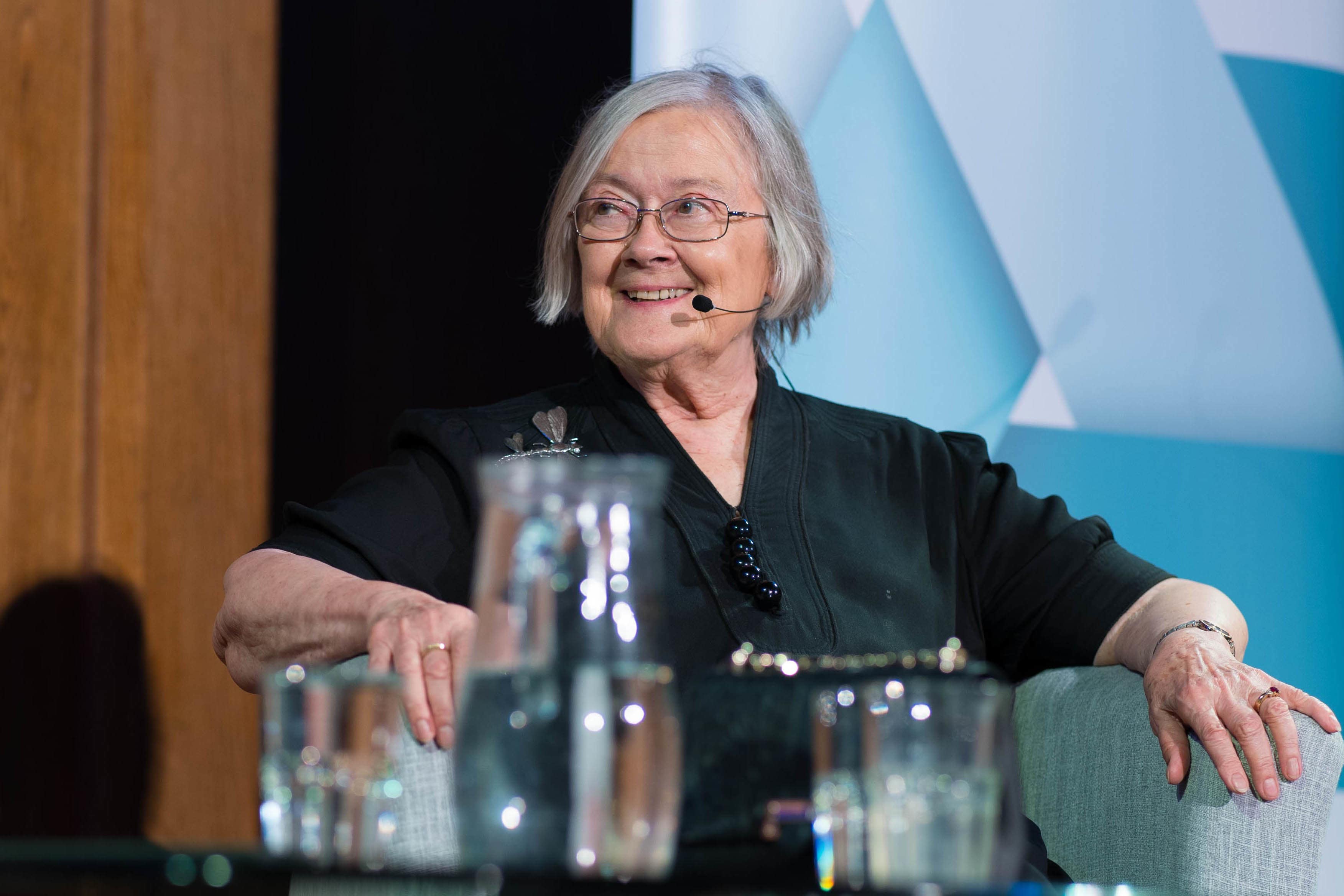Denying assisted dying ‘not very Christian’, former Supreme Court president says
Baroness Hale of Richmond said forcing life upon someone suffering is ‘terribly cruel’.

Your support helps us to tell the story
From reproductive rights to climate change to Big Tech, The Independent is on the ground when the story is developing. Whether it's investigating the financials of Elon Musk's pro-Trump PAC or producing our latest documentary, 'The A Word', which shines a light on the American women fighting for reproductive rights, we know how important it is to parse out the facts from the messaging.
At such a critical moment in US history, we need reporters on the ground. Your donation allows us to keep sending journalists to speak to both sides of the story.
The Independent is trusted by Americans across the entire political spectrum. And unlike many other quality news outlets, we choose not to lock Americans out of our reporting and analysis with paywalls. We believe quality journalism should be available to everyone, paid for by those who can afford it.
Your support makes all the difference.A former Supreme Court president has said it is “not a very Christian thing” to allow someone to continue suffering if they want help to end their lives.
Baroness Hale of Richmond said that denying someone assisted dying is “terribly cruel”.
It comes after the Terminally Ill Adults (End of Life) Bill was brought before MPs in the House of Commons earlier this week.
To force life upon them by denying them the assistance they need still seems to me to be a terribly cruel thing to do
In a conversation with former Archbishop of Canterbury Rowan Williams for Prospect magazine, Lady Hale said: “It’s not a very Christian thing to do to oblige somebody to go on suffering unbearably when they do not wish so to do, and when they are in full possession of their faculties.
“We can talk about what that means. To force life upon them by denying them the assistance they need still seems to me to be a terribly cruel thing to do.”
As a Supreme Court justice in 2014, Lady Hale expressed the view that the protection of vulnerable people was not sufficient to justify a “universal ban” on assisted suicide.
Dr Williams said he could not countenance assisted dying for himself, saying it is not “compatible” with his Christian commitment.
Asked if it is a human right for someone to choose their time and manner of death, he replied: “I don’t think that is compatible with how I understand Christian ethics, but that’s an in-house concern.
“I don’t believe in such a right, as such.”
The pair also discussed the “you wouldn’t let a dog suffer like this” argument for assisted dying.
Dr Williams said: “No… but I think that’s partly because however strongly one believes in animal rights, the reciprocity of the relationship, the conversational nature of the relationship is not the same there.
“So, I can understand why good deaths for animals make some sense because there isn’t that mutual investment.”.
He went on: “What’s in my mind is that, as human beings, we talk to each other about our sensations, about our feelings, our hopes and fantasies, and we make our decisions in that context.
“With animals we have less to go on. We have evidence of turmoil, suffering, we have evidence of distress, capacity, and nothing much else to put into the mix with human beings.”
Tony Nicklinson, who suffered locked-in syndrome after a catastrophic stroke, died days after his right-to-die case was rejected by the High Court in 2012.
The 58-year-old’s fight was taken to the Supreme Court by his widow Jane Nicklinson, along with the case of paralysed former builder Paul Lamb, in 2014.
The case was rejected, but Lady Hale was one of two justices who took the view that there was a human right to decide the time and manner of one’s death.
Sir Keir Starmer had said he was “committed” to allowing a vote on legalising assisted dying should his party win the general election.
On Wednesday, Labour MP Kim Leadbeater formally introduced her Bill to give choice at the end of life for the terminally ill.
A debate and first vote are expected to take place on November 29.
If the Bill passes the first stage in the Commons, it will go to committee stage where MPs can table amendments, before facing further scrutiny and votes in both the House of Commons and the House of Lords, meaning any change in the law would not be agreed until next year at the earliest.
It applies only to England and Wales.